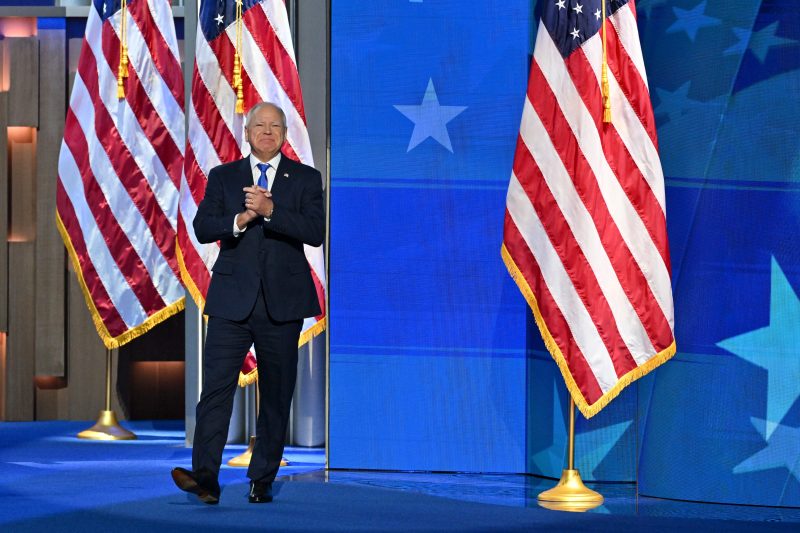As China’s Power Grows, Candidates Use It as Attack Line
In recent years, China has emerged as a global economic powerhouse, reshaping the geopolitical landscape and challenging the supremacy of the United States in various sectors. As a result, politicians and candidates have increasingly turned to leveraging China’s rise as a key attack line in their campaigns, aiming to sway voters by painting their opponents as weak on Chinese policies and threatening American interests.
One core issue that has propelled China to the forefront of political discourse is trade. The trade war between the US and China, initiated by former President Donald Trump and continued under the Biden administration, has had significant implications for both countries’ economies. Candidates often use this as a focal point in their campaigns, criticizing their rivals for either being too harsh or too lenient on China in trade negotiations.
Moreover, China’s assertive foreign policy and growing influence in international affairs have raised concerns among American politicians. The increasing presence of China in global infrastructure projects, its military activities in the South China Sea, and its ambitious Belt and Road Initiative have been cited by candidates as reasons to adopt a tougher stance towards Beijing. By framing their opponents as soft on China, candidates attempt to position themselves as the guardians of American interests and national security.
Another area that has drawn attention in the context of China is technology and cybersecurity. With the rapid advancement of Chinese tech companies such as Huawei and Tencent, there are growing apprehensions about potential security risks posed by their products and services. Candidates leverage these concerns to criticize their rivals for not taking a firm stand against Chinese tech infiltration and intellectual property theft, highlighting the need for robust cybersecurity measures and restrictions on Chinese tech firms operating in the US.
Furthermore, human rights violations in China, particularly regarding the treatment of Uighur Muslims in Xinjiang and pro-democracy advocates in Hong Kong, have also become a focal point in political campaigns. Candidates draw attention to these atrocities as a way to underscore the moral imperative of standing up to China and defending universal values of human rights and democracy. By highlighting their commitment to advocating for human rights, candidates seek to garner support from voters who prioritize ethical considerations in foreign policy.
In conclusion, as China’s power continues to grow on the world stage, it has become a convenient and potent attack line for politicians seeking to gain an edge in their campaigns. By focusing on issues such as trade, foreign policy, technology, and human rights, candidates attempt to frame their opponents as weak or complicit in the face of China’s rise, presenting themselves as the more vigilant defenders of American interests. With China likely to remain a dominant force in global affairs for the foreseeable future, it is expected that the utilization of China as a political weapon will persist as a prevalent strategy in electoral contests.

